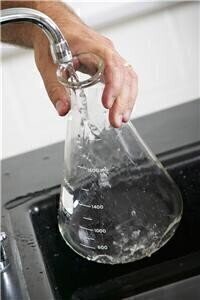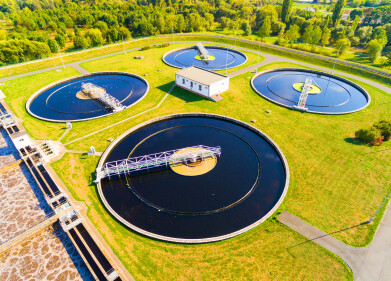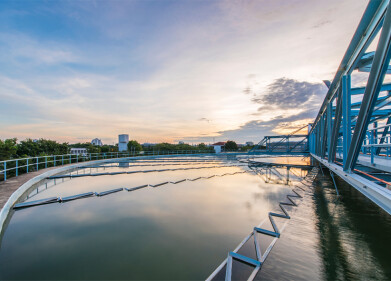Water/Wastewater
‘Pollutant of Greatest Global Concern’ - 1,000 World Experts Meet in Edinburgh
Jul 27 2013
In 2003 UNEP declared mercury to be the pollutant of greatest global concern due to its persistence in the environment and its negative effect on human health and the environment. Severe methyl mercury poisoning can lead to significant physical and neurological damage - remember The Mad Hatter in Alice in Wonderland? He allegedly suffered from mercury poisoning from using this fascinating metallic element to polish his hats.
Some argue that the increasing concentration of mercury in the atmosphere is resulting in an average decrease in the IQ across whole populations. This is because mercury can be transferred from a mother to her unborn child and infants, children and women of child bearing age are considered vulnerable.
Steps are being taken to reduce mercury in the environment. The new Minamata Convention, finalised this year by UNEP, is the backbone of this week's conference in Edinburgh. The convention aims to reduce mercury from all sources globally. These include: dental amalgams; crematoria and incinerators; chlor-alkali plants; batteries and light switches; gold production by illegal miners; fossil fuel combustion; medical uses, including vaccines
Around 1/4 of global mercury emissions from human activities come from fossil fuel combustion and perhaps as much as 1/2 comes from illegal gold mining. Although simply banning or phasing out mercury use and emissions would be ideal, there are a multitude of practical challenges to be faced. Many countries cannot afford to alter existing medical and dental practices quickly. Vaccines containing mercury preservatives are often easier to deliver to remote locations than those without. Gold mining using mercury is already illegal and yet as many as 15 million people worldwide may rely on this as their sole source of income. Phasing out mercury is a significant global challenge with potential economic and social repercussions.
There will be a free Public Open Day on Sunday 28th July from 2 - 4.30pm at the EICC in Morrison St, Edinburgh. Anyone can join to have their breath tested for mercury, to find out more about their own risk and what they can do to reduce it. There will be free toothpaste, music and informative chat on what to do with that new energy efficient light bulb (that actually contains mercury, unlike the old ones). Kids can even dress up as a volcanologist and pose in front of an active volcano for a photo. Yes - every volcanic cloud has a quick-silver (mercury) lining.
Recent mercury test results will be available for traditional Scottish fare such as haggis, shortbread, ginger beer and several whiskies.
There will be a press call at 4pm at which journalists can chat to selected experts from the meeting including: Dr Lesley Sloss Chair, Mercury 2013; Mr Anders Flanking State Secretary, Swedish Ministry of the Environment; Dr David Piper Deputy Head, Chemicals Branch, UNEP Division of Technology Industry and Economics; Michael Bender Mercury Policy Project/Zero Mercury Working Group; Eric Uram Executive Director, SafeMinds; Prof. K. Clive Thompson Chief Scientist, ALcontrol Laboratories UK.
Digital Edition
IET 34.2 March 2024
April 2024
Gas Detection - Biogas batch fermentation system for laboratory use with automatic gas analysis in real time Water/Wastewater - Upcycling sensors for sustainable nature management - Prist...
View all digital editions
Events
Apr 22 2024 Hannover, Germany
Apr 22 2024 Marrakech, Morroco
Apr 23 2024 Kuala Lumpur, Malaysia
Apr 23 2024 Kintex, South Korea
Apr 23 2024 Edmonton, AB, Canada


















